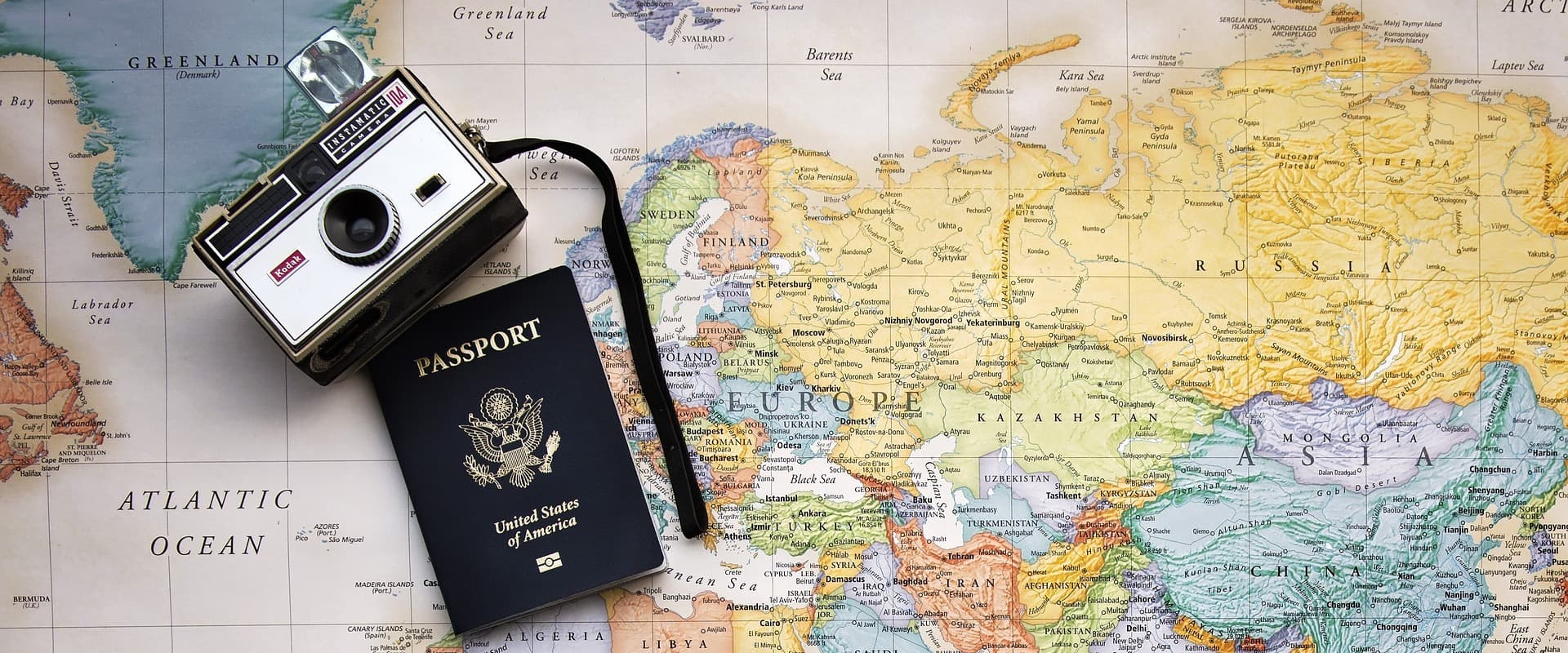
Yellow fever vaccinations
Our practice is authorised by the Bayer. State Ministry for the Environment, Health and Consumer Protection with the registration number 154 and is therefore authorised to carry out yellow fever vaccinations and issue corresponding certificates in accordance with legal requirements.
As a trained doctor for travel medical advice and yellow fever vaccinations, I am qualified to examine and advise on stays in distant countries, vaccination matters and travel with pre-existing conditions and am also authorised to issue corresponding international travel certificates.
Consultations / measures
Consultations, examinations and vaccinations for travel medicine and malaria prophylaxis and the necessary vaccines and medication are services that you have to pay for yourself as they are not illness-related. Increasingly, statutory and private health insurance companies have begun to reimburse the costs of travel vaccinations and, if necessary, malaria prophylaxis, as they serve to prevent and avoid infection and thus reduce later treatment costs. Furthermore, diseases should not be brought into Germany.
Kostenerstattungen von Reiseimpfungen durch Krankenversicherungen (externer Link)Distribution area
Equatorial Africa between 15° north and 15° south latitude (including Kenya, Tanzania, Angola, Equatorial Guinea, Ethiopia, Benin, Burkina Faso, Burundi, Ivory Coast, Gabon, Gambia, Ghana, Guinea, Guinea-Bissau, Cameroon, Republic of Congo, Democratic Republic of Congo, Liberia, Mali, Niger, Nigeria, Rwanda, Zambia, Sao Tomé & Principe, Senegal, Sierra Leone, Somalia, Sudan, Togo, Chad, Uganda and Central African Republic).
Latin America from the 20th parallel north to the 30th parallel south (Bolivia, Brazil, Ecuador, French Guiana, Guyana, Colombia, Panama, Peru, Suriname, Venezuela, Trinidad and Tobago).
The Caribbean and Asia are free of yellow fever.
Vaccination
A basic vaccination at least 14 days before entry, the vaccination is only possible at authorised yellow fever vaccination centres (like ours) because the vaccine is very sensitive to heat and an authorised international vaccination certificate must be issued. The vaccine serum is injected once under the skin.
Vaccination is strongly recommended for all travellers (including children) to risk areas and is required by risk countries upon entry. Vaccination protection occurs after approx. 10 days and is almost 100 %. A revaccination should be carried out after 10 years.
Passive protection
In addition to vaccination protection, you should always ensure that you have effective mosquito protection. Avoid mosquito bites at all times of the day and night. Protect yourself with mosquito nets, long closed clothing and a repellent (insect repellent, etc.).
Yellow fever is a serious viral infection (pathogen: arbovirus from the flavivirus family) that is transmitted by a species of mosquito (Aedes aegypti). The female mosquitoes transmit the virus from monkeys to humans or from humans to humans when they bite.
The disease begins 3 to 6 days after infection (insect bite and thus transmission of the virus) with a rapid rise in temperature, accompanied by severe general symptoms (headache, muscle pain, nausea), often accompanied by a slowed pulse and conjunctivitis.
After a brief recovery (approx. 1 day), organ involvement occurs, liver and kidney failure poison the organism (signs of jaundice, hence the name). Coma and death are the result in up to 50 % of cases of forms with liver involvement (the mortality rate of unvaccinated tourists is higher!).
Haemorrhagic yellow fever leads to skin and organ haemorrhages.
In addition to these severe forms of the disease, there are also mild cases, and symptom-free courses are also possible.
There is no medication against yellow fever. Treatment is intensive care and only relates to the symptoms.
The vaccination is generally well tolerated, occasionally reddening of the skin, swelling or flu-like symptoms occur. In rare cases, neurological vaccination reactions occur. Pregnant women, people allergic to milk protein and patients with immunodeficiencies should not be vaccinated.
After travelling to yellow fever areas without being vaccinated, entry into other countries may be refused.
In the event of ‘non-compliance’ with this regulation, very high fines may be ‘collected’ by customs officials or a non-existent certificate may not be pursued in return for a ‘generous donation’.
For medical reasons, there is the possibility of a vaccination exemption, which must be certified by state authorities, but is not necessarily recognised by all countries. It is therefore advisable to contact the embassy in advance.
Consultations, examinations and vaccinations for travel medicine and malaria prophylaxis and the necessary vaccines and medication are services that you have to pay for yourself as they are not illness-related. Increasingly, statutory and private health insurance companies have begun to reimburse the costs of travel vaccinations and, if necessary, malaria prophylaxis, as they serve to prevent and avoid infection and thus reduce possible treatment costs. treatment costs. Furthermore, diseases should not be brought into Germany. Click on the link to find a list of statutory health insurance companies that partially or fully reimburse travel vaccinations:
Reimbursement of travel vaccinations by health insurance companies (external link)

 Deutsch
Deutsch